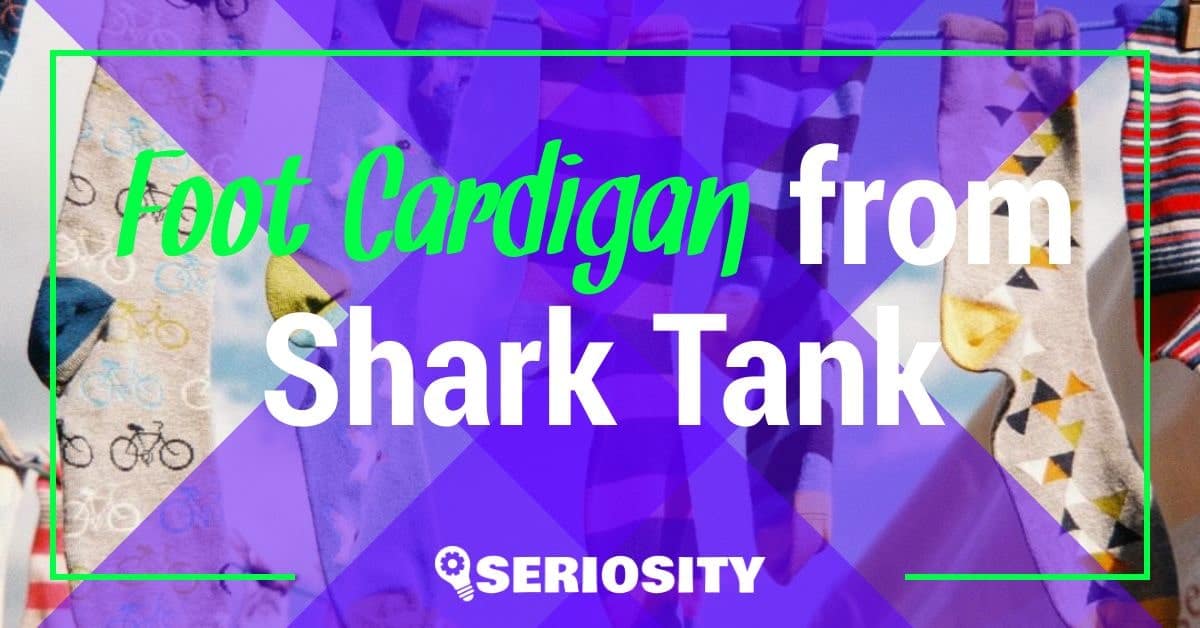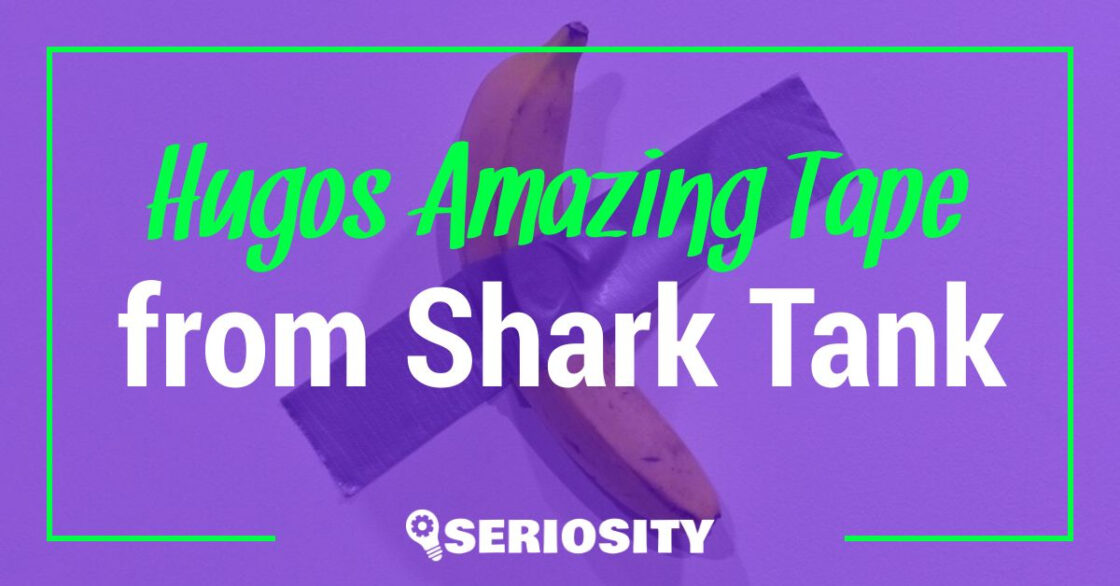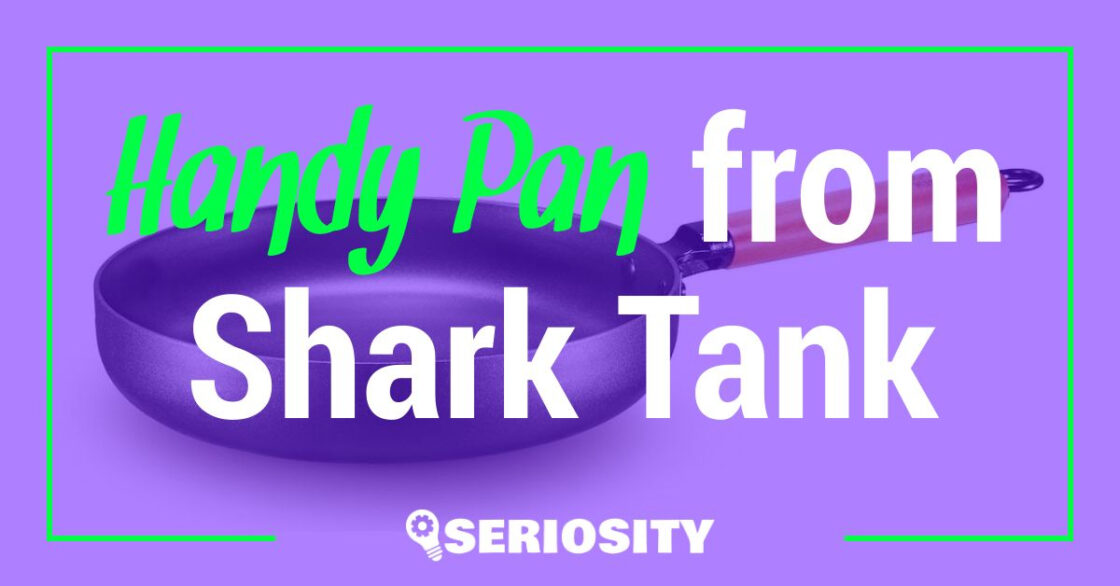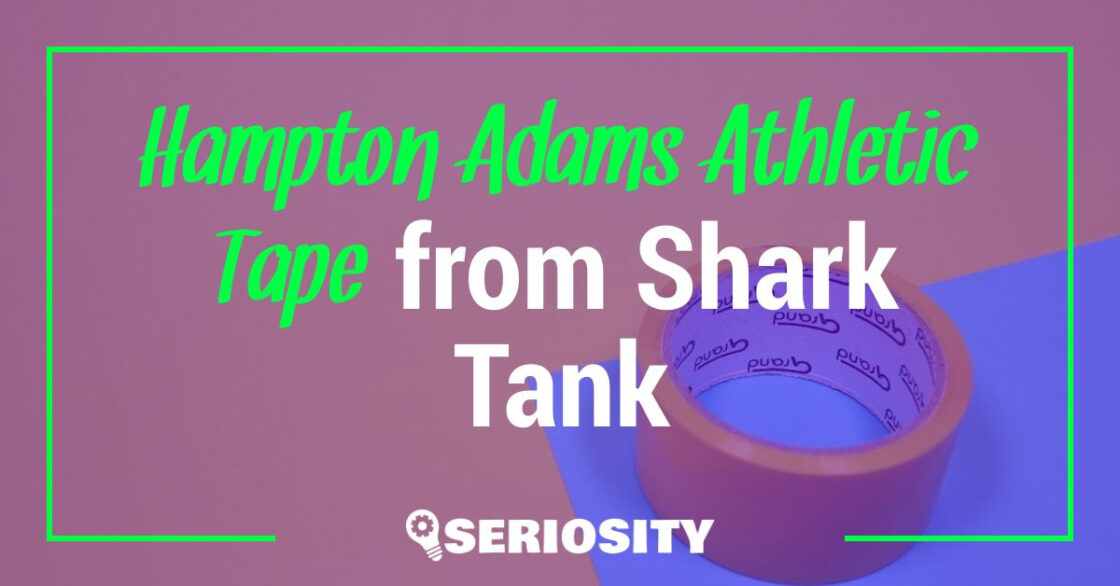Foot Cardigan is an innovative sock-company that operates on a subscription model. The company’s subscribers receive new varieties of socks on a monthly basis.
Through such an operation, Foot Cardigan allows people to put on unique and different hand-knit socks without having to go through the hassle of finding and purchasing them.
The socks are also accompanied by two different yarn sizes that allow you to make your own socks and outfits without spending a great deal of money.
Matt McClard and Bryan DeLuca are the founders of Foot Cardigan, and established the company in 2012 with just $6,000 of their own savings. Foot Cardigan is based in Dallas, Texas.
Matt McClard, alongside being the co-founder at Foot Cardigan, is also the VPO (Vice President of Operations) at Trendy Entertainment.
If subscribers want to buy individual sock pairs that are not part of their subscription, the company also offers that option.
The socks have unique, unconventional, and often whimsy patterns, and are created in small batches. Every month, Foot Cardigan picks up random designs for random subscribers, which also creates an element of surprise.
The company came to national attention during the US presidential elections of 2012, during which it designed blue-and-red socks in support of Obama-Romney.
Many of the firm’s current employees are its ex-customers. These employees were impressed by the business idea and concept, as well as Bryan and Matt’s work ethic.
The customers also acknowledge the level of personalization in every aspect of the business. Foot Cardigan’s primary aim is to constantly evolve its level of customer service and give their subscribers and buyers no reason to complain.
The firm has enjoyed consistent growth since its inception a decade ago. In 2015, it moved to a 6000 square-feet storage facility in the design area in Dallas.
Is Foot Cardigan Still an Active Business?
Yes, Foot Cardigan is still operational, and generates approximately $4 million a year in revenue.
How Did the Shark Tank Pitch Go?
Matt and Bryan made their Shark Tank appearance during the seventh season of the show. They were looking for an investment of $250,000 in exchange for 10% equity in the firm – a company valuation of $2.5 million.
While the owners are narrating their story, the camera shifts to the socks hanging on the clothesline. Five mailboxes, each with a different Shark’s name on them, were also placed. Matt and Bryan empty each mailbox, extracting a pair of socks from each, and each Shark receives the socks that were present inside the mailbox with their name on it.
As the Sharks check out the socks, Bryan tells them that the company has more than 6,000 subscribers, and revenue of almost $1.40 million. Foot Cardigan offers three-, six-, and nine-month subscription packages. They have noticed a pattern with their subscription rates: the subscriptions tend to go up during and around the holiday period.
Bryan further explains that it costs around $11 to acquire a customer, while a standard pair of socks is manufactured for less than $1.50.
Daymond asked if the owners would be willing to shift manufacturing to the United States. To this, Brian responded that manufacturing outside the US gives the company a big edge, and allows it to fend off its many competitors.
Mark wanted to know more about the owner duo’s tech background. Bryan told him that he belonged to the SEO and conversion optimization department, while Matt’s background is in web development and designing. Mark then questioned them about their low sales revenue, to which the owners replied that they had only started their full time operations less than a year ago.
Lori felt that the owners were nice, but they were not doing anything radically different than other sock companies. For this reason, she stepped out of the deal.
Daymond was willing to invest $250,000 in exchange for 22.5% equity in the firm, but only if he could get Bombas (a sock company that Daymond invested in during season six) on board.
Kevin made an offer of $250,000 for a 15% stake, valuing the company at $1.67 million. However, in addition to the equity, Kevin also demanded quarterly payouts. However, he soon revised his offer, taking the quarterly payouts out of the equation.
Mark was willing to offer $250,000 in exchange for 20% equity. He committed to setting up everything in Dallas, including warehouses, offices, and a specialist software team. He invited Troy to partner him in this deal, to which Troy agreed.
After a bit of discussion and deliberation, Matt and Bryan struck a deal with Mark and Troy, giving 20% of their company in exchange for the $250,000 investment.
The deal really paid off for Foot Cardigan, who managed to increase its subscribers by almost 10,000, within a week of the episode being aired.
Our Review of Foot Cardigan After their Shark Tank Appearance
All subscription packages are $12 per month including free shipping. An exception to this is the premium subscription, which costs $14 per month and includes a higher-quality blend of fabric.
The designs will be a surprise, but you can check out the website to get an idea of what you can expect. You can find pretty much every design –from colorful abstracts to gnomes and mermaids.
Another big plus is that if subscribers decide to purchase socks that are not included in the subscription, they get a flat 20% discount.
The fast and friendly customer service is also a major advantage.
Pros of Foot Cardigan
- Fun and cute designs
- High-quality materials
- Membership benefits
- Excellent customer service
Cons of Foot Cardigan
- A few patterns/designs might be a bit too wild for some subscribers
Are There Any Alternatives?
Foot Cardigan does have a number of competitors/alternatives, such as:
- Sock Panda
- Sock Fancy
- Walktall
- Bridgedale Outdoor
- Wiesner Products
- BLACKSOCKS
Our Final Thoughts
To sum up, Foot Cardigan is an innovative venture that adds fun, thrill, and excitement to the seemingly monotonous act of choosing and wearing socks. The business is going strong, and, as of May 2021, had managed to up its sales revenue to more than $4 million.





